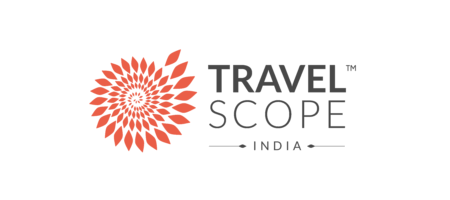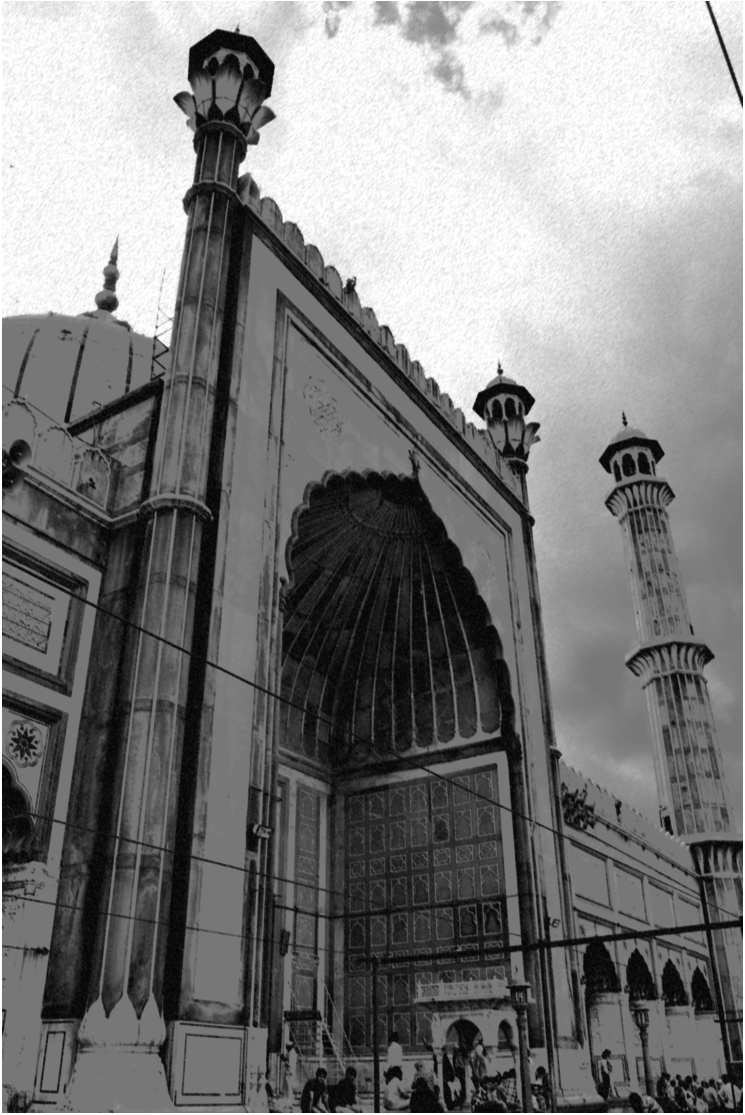Across India, January is increasingly being associated with literature festivals. Delhi, Hyderabad, Mumbai and the state of Gujarat, all celebrate indigenous and international literature – each with their inimical selection of authors and other personalities gracing the stage. In Jaipur, the literature festival started off as a small effort and today, is being touted as ‘the world’s largest free literature event’ – and its history and acclaim made us curious enough to attend it this year.
On the foggy morning drive to the pink city – we scanned the festival schedules to decide upon the sessions we’d like to attend, an important stage as with parallel events, one often misses out on more than one would like to. We reached our hotel – the heritage property Narain Niwas Palace, had a quick lunch and headed down the road to Diggi Palace – the potpourri of literary hubbub.
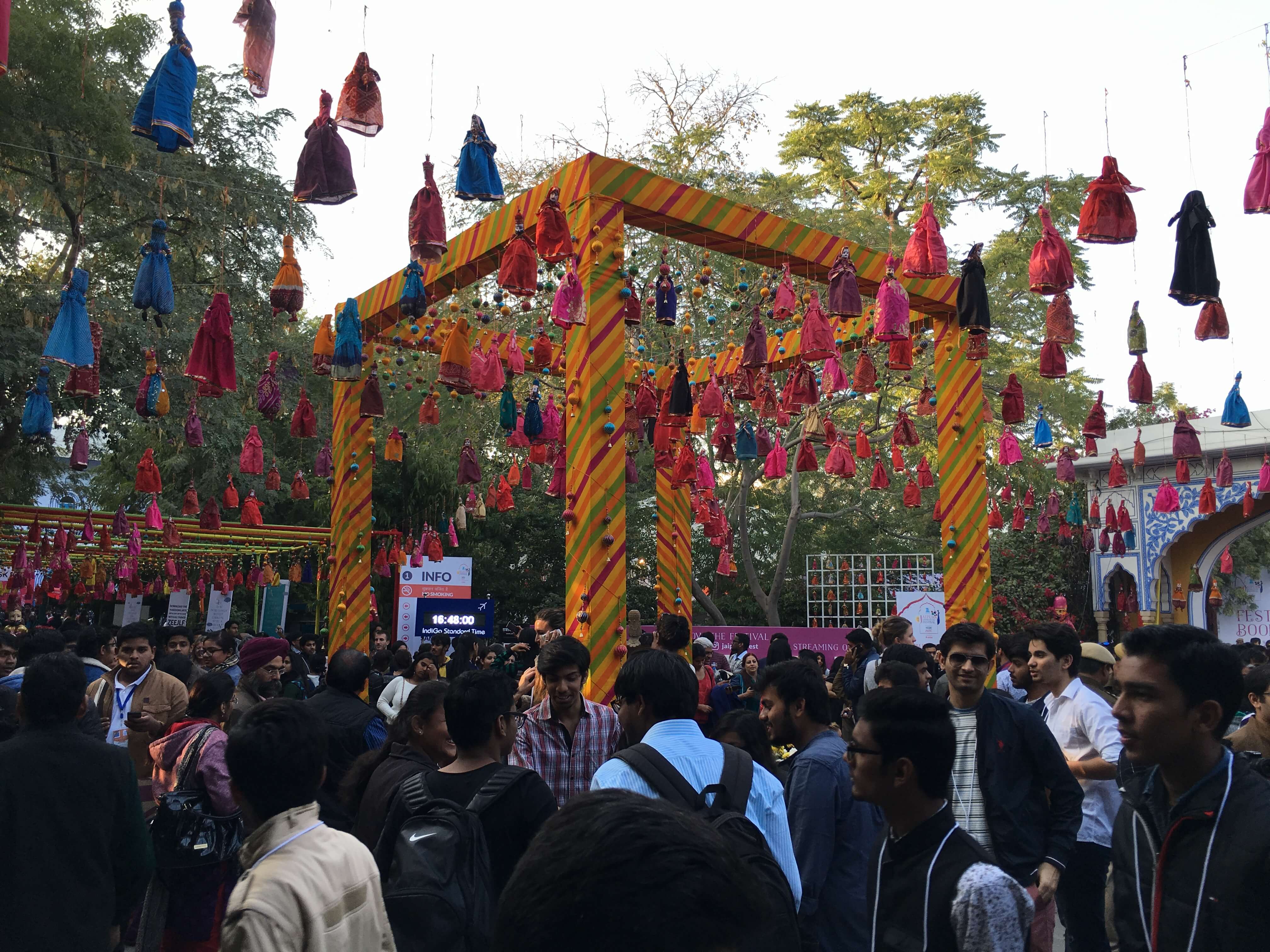
The long queues moved faster than we thought, giving credence to the news of increased attendance per year, as also venue upgrades to accommodate the literature-seekers. The venue was split up into several sections of tents, with raised stages and audience areas – and we weaved our way through the chaotic crowds to reach our selected sessions.
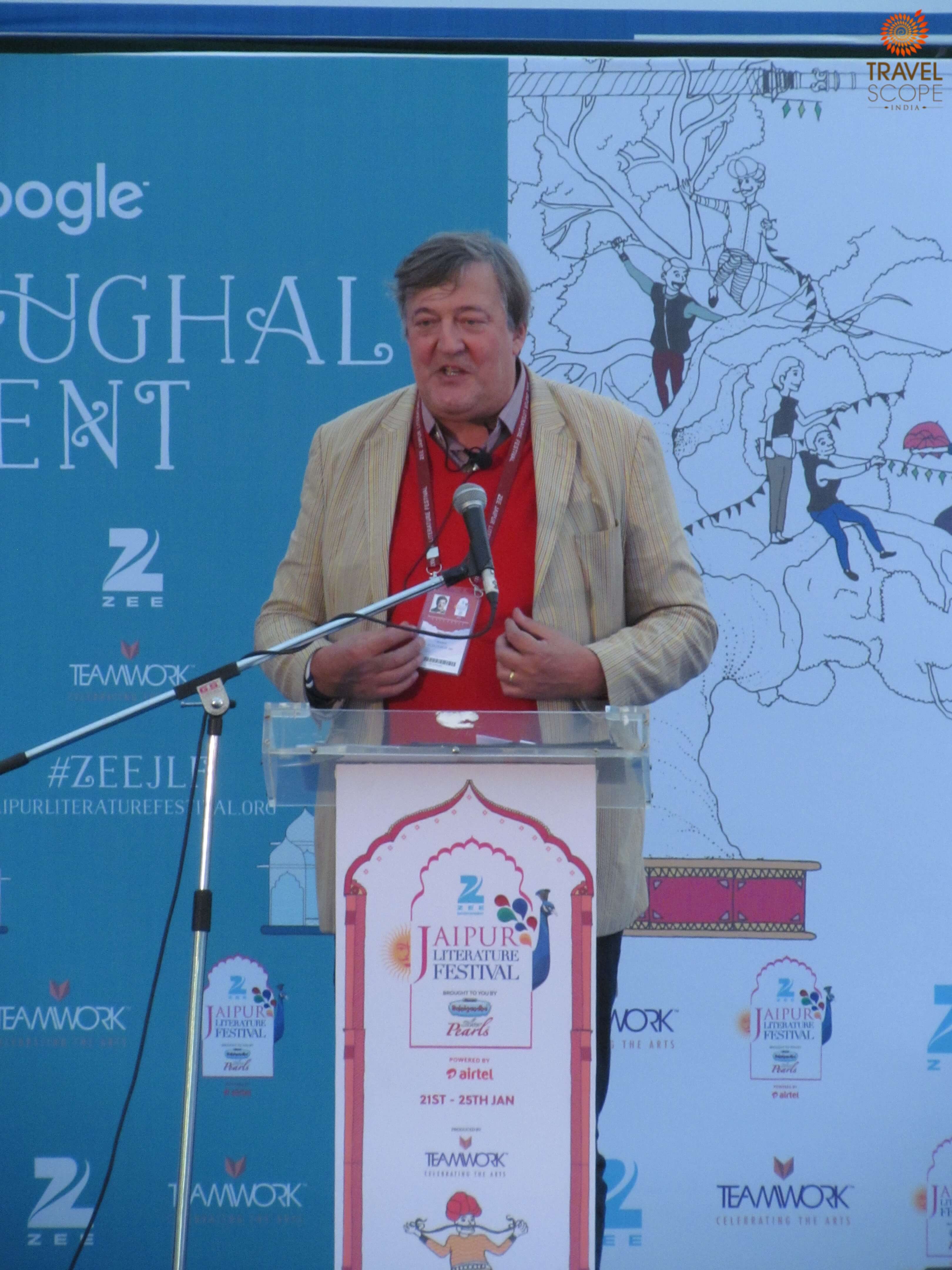
Our first session was by Stephen Fry – the British actor, who spoke about his exposure to the author Oscar Wilde. As often with TV personalities, a real-life encounter creates very different impressions – and Stephen Fry’s sensitive, personal, heart-warming account of Oscar Wilde’s genius, arrogance and personal problems, brought out a different side to the author and actor alike.
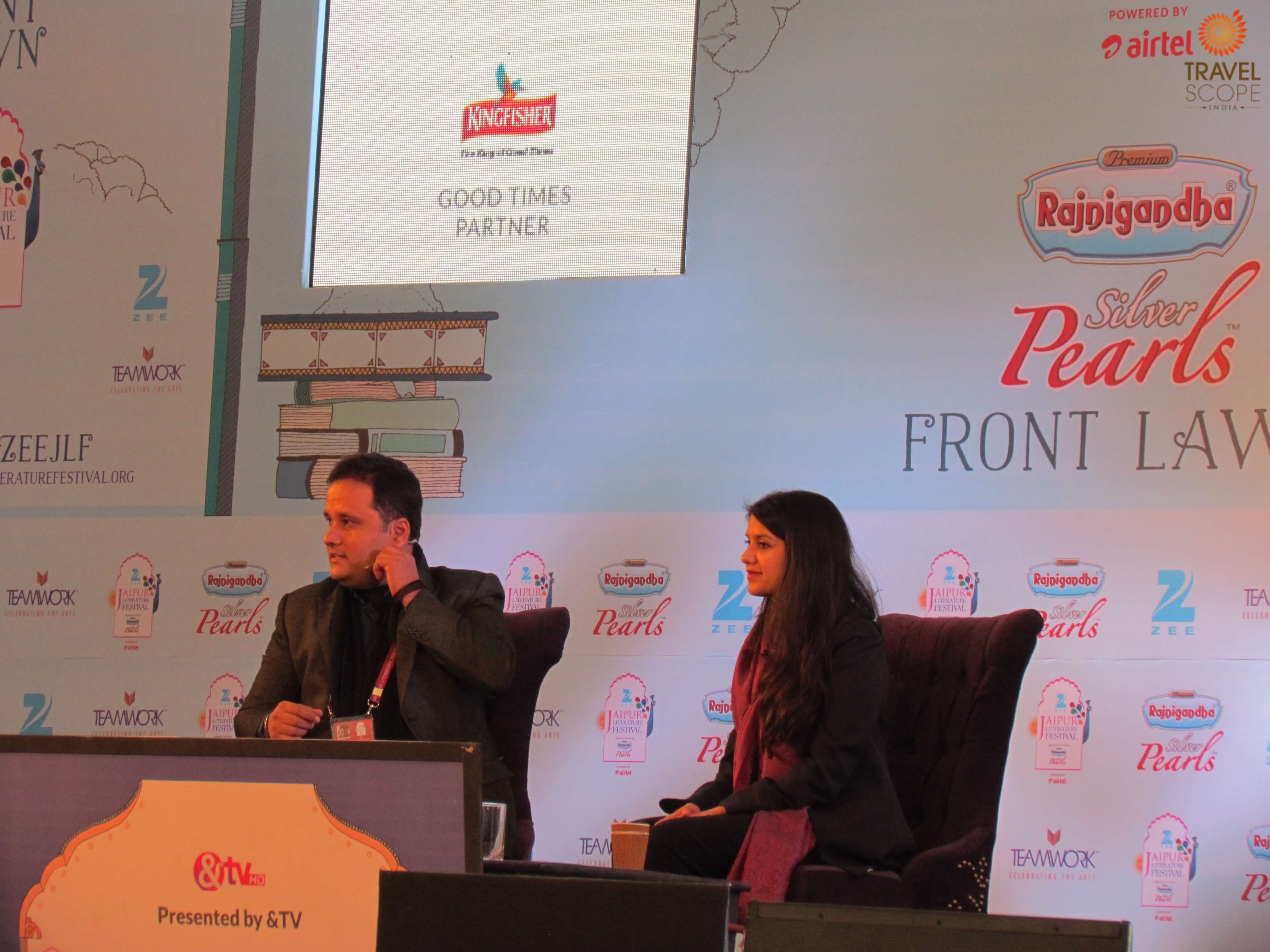
The sessions we attended were of a wide variety: a panel on what makes South Asians laugh; a candid, interactive session with Amish – the author of the Meluha series; a political debate on the India Story; a discussion on India’s visual culture; a look at the insensitivity of media; readings by authors of select travel excerpts; a book-promotion by a Bollywood-cum-political figure, and a talk on the legacy of the British Empire, among others.
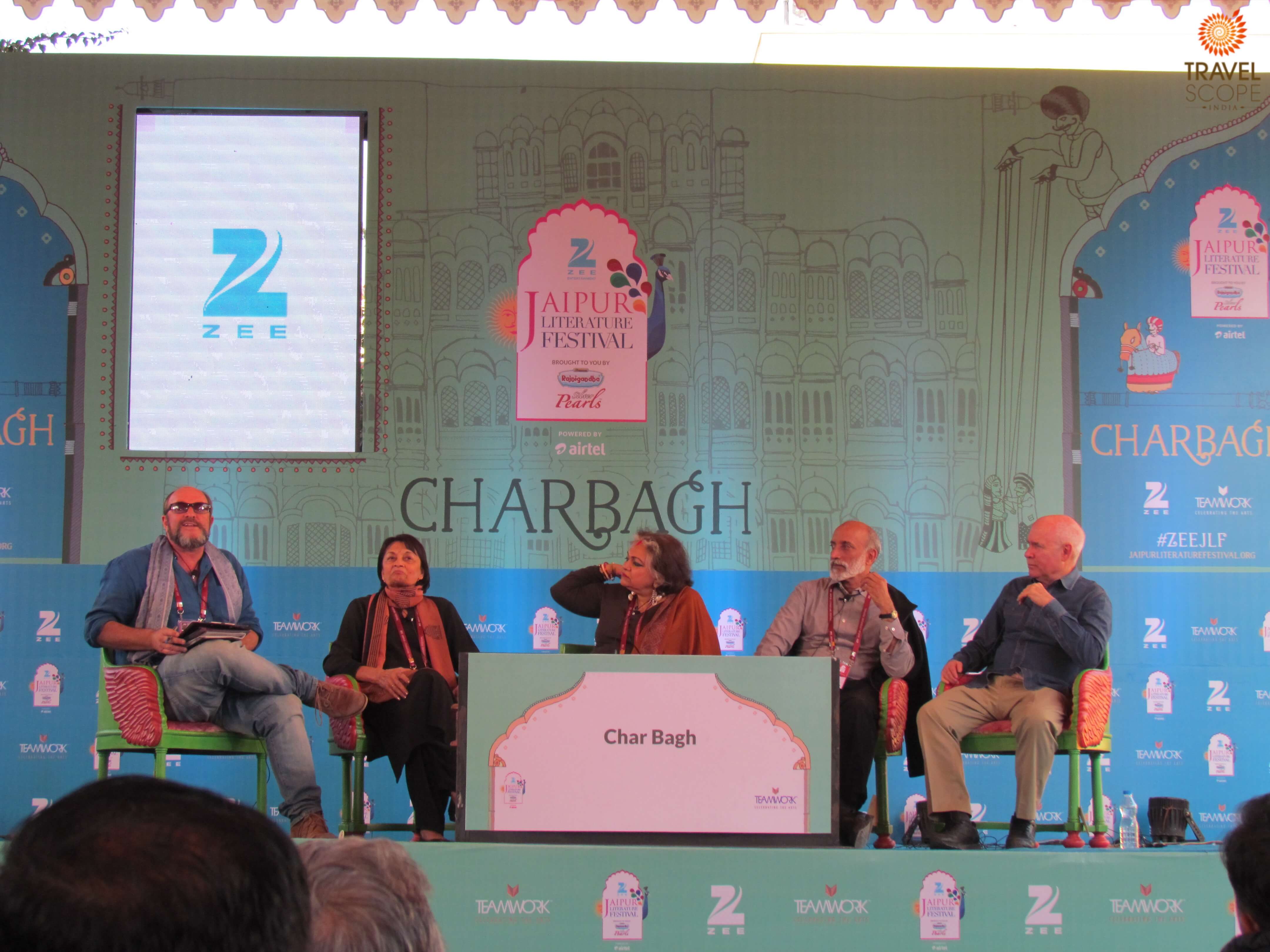
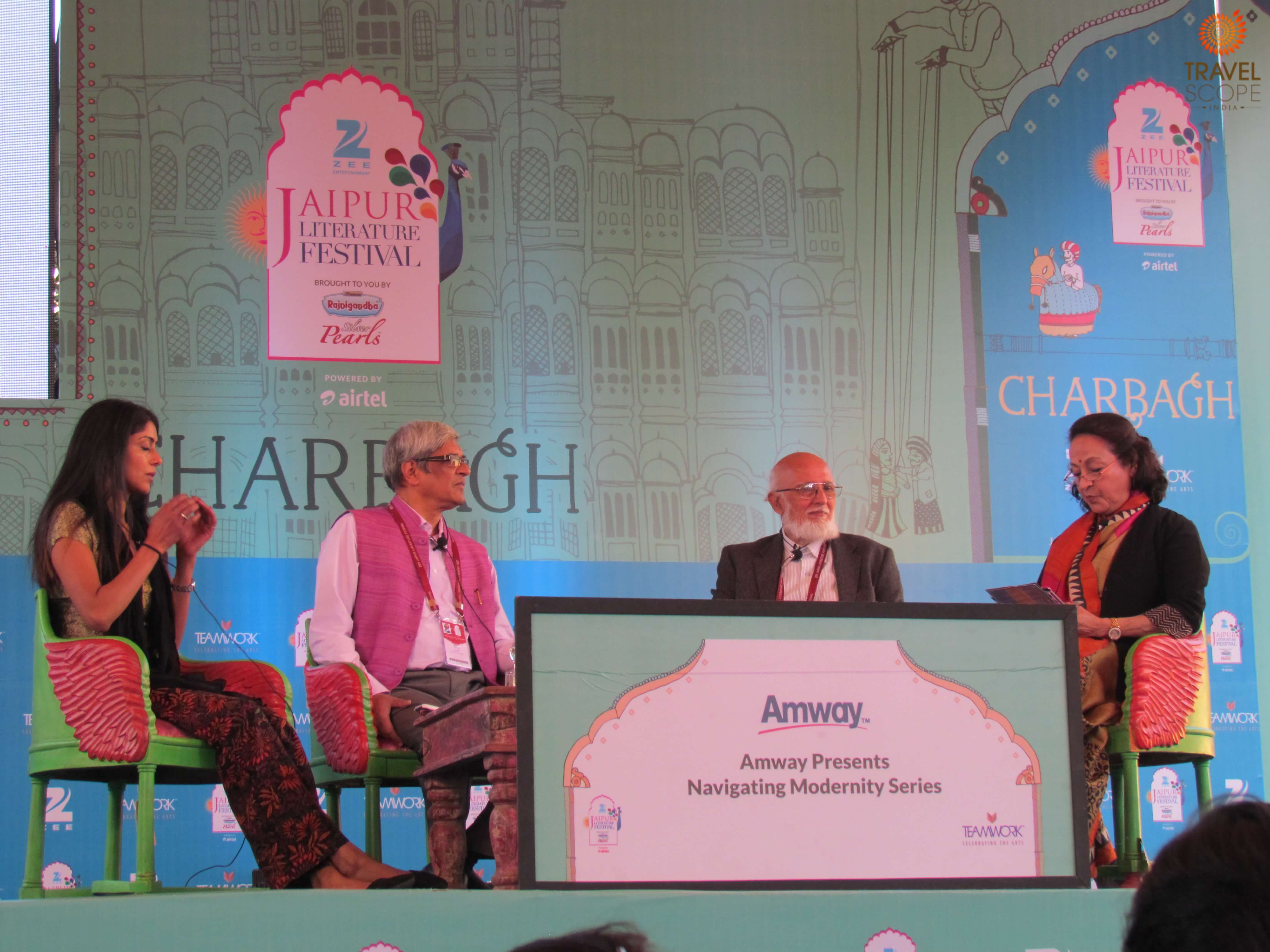
Over the next two days, we tried to attend as many sessions as possible, bumped into known faces, were overwhelmed by the crowds, learned tricks of how to bag the limited chairs at venues and how to dodge the crowds and chaos, with many impromptu photo-stops along the way! Every evening ended on a high note – discussing the highlights of the day, sharing juicy tidbits from the speakers, with a fair consumption of brews, cocktails and food!
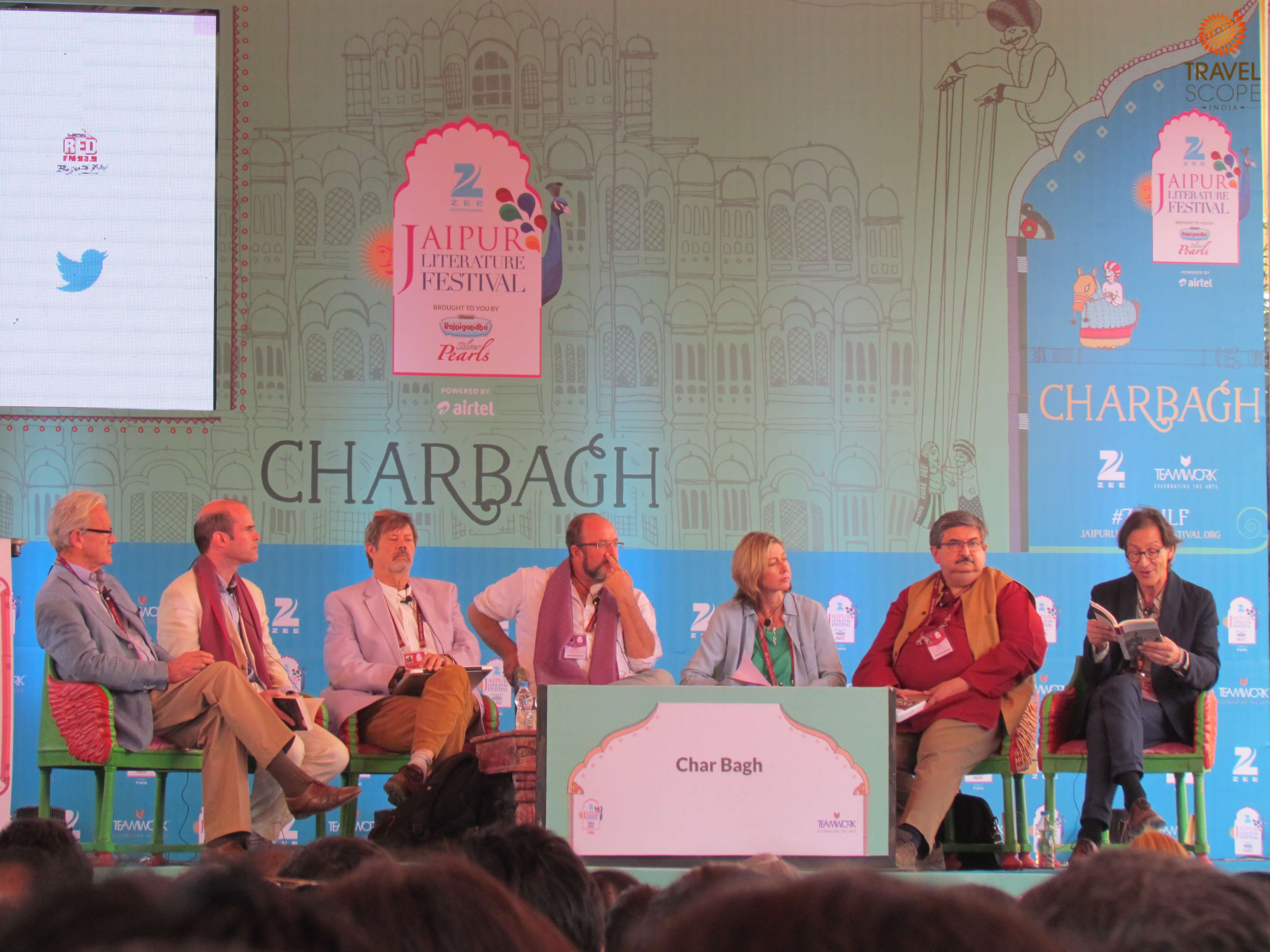
Beyond offering a platform for authors and readers to connect – the literature festival set the stage for cross-cultural interactions. With diverse panels of speakers and an incredible range of topics, each year, it attracts a culture-hungry audience from across the world. This festival, has today, made Jaipur “the literature capital of the country” – and only promises to get better as time goes by.
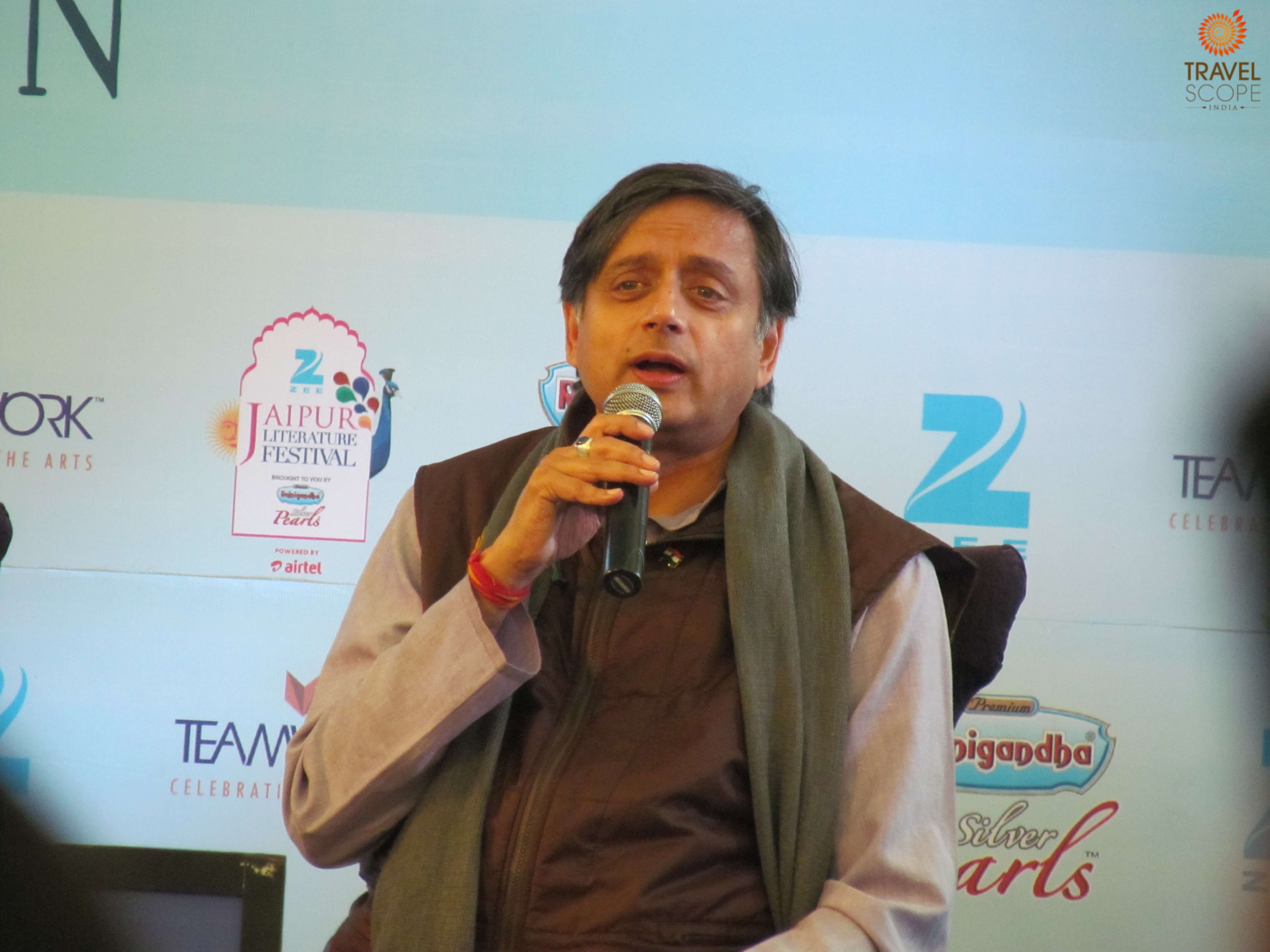
We couldn’t help but think that the Rajput Maharaja Jai Singh II’s grand vision to set up public institutions and modernize Jaipur, which was responsible for the city being declared the capital of Rajasthan, has assumed a new avatar. Established with lofty scientific and cultural ideals, Jaipur continues to hold a torch to literature and learning. A movement like the literature festival is creating an enlightened, well-exposed, culturally sensitive youth while providing a great platform to disseminate the state’s rich heritage, history and culture – and we hope the literature festivals across the country, create the same ripples of change!

In the rich, cultural tapestry of India – with its colorful festivals and celebrations, the literature festivals would be a great way to understand how the traditions of Indian literature are being carried forward by the next generation. It is a chance to witness a modern-day India in the making – and we would highly recommend attending one of many literary events, from books fairs to literature festivals, from reading clubs to storytelling sessions that are defining the urban culture of the country today!
